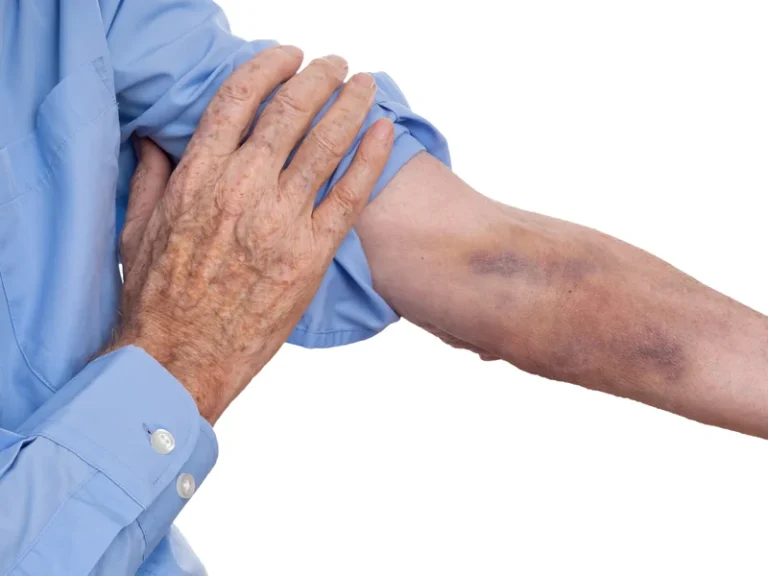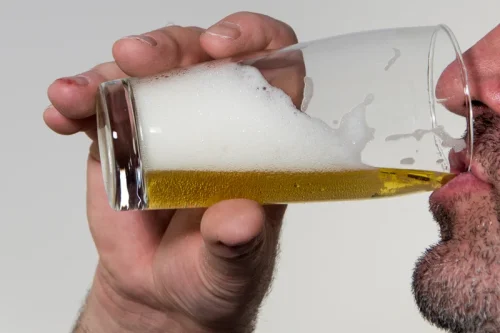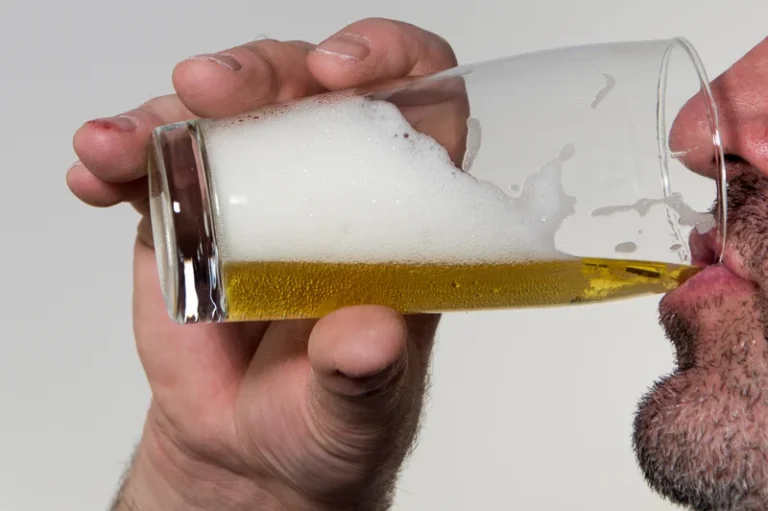04 Feb. 21
Support & Treatment National Institute on Alcohol Abuse and Alcoholism NIAAA

It’s Not Your Fault (NACoA) (PDF | 12 KB)Assures teens with parents who abuse alcohol or drugs that, “It’s not your fault!” and that they are not alone. Encourages teens to seek emotional support from other adults, school counselors, and youth support groups such as Alateen, and provides a resource list. The Navigator will steer you toward evidence-based treatment, which applies knowledge gained through decades of carefully designed scientific research.
SAMHSA’s National Helpline
Participating in a group helps ensure that when a person reaches out for help, A.A. These resources go along with the alcohol outlet density toolkit. They have examples of code and Geographic Information System (GIS) pictures to help alcohol outlet density. This CDC Guide for Measuring Alcohol Outlet Density tells you why it’s important to measure alcohol outlet density in your area. It gives you ideas on how to do this in your own state or community. Utilising brain zapping through a headset a home could also be used to treat depression, a different study has found.
Are online alcohol support groups right for me?
- However, this doesn’t mean you can’t implement and enforce healthy personal boundaries.
- AUD is characterized by an impaired ability to stop or control alcohol use despite adverse social, occupational, or health consequences.
- There may also be recovery resources available in your community.
- Self-Management and Recovery Training (SMART) is an international community of mutual-support groups that cover conditions like substance use disorders, eating disorders, gambling, and more.
- Alcoholics Anonymous is available nationwide with support groups in all 50 states.
- Your health care provider can help you evaluate the pros and cons of each treatment setting.
If you feel that you need additional help, organizations like Recovery Centers of America (RCA) offer treatment, medically managed intensive inpatient treatment, and rehabilitation. Still, if you’re feeling overwhelmed or unsure, consider talking with a trusted doctor or mental health professional who specializes in addiction. A large component of support groups is spending time talking with other people who are in the same situation as you. This “peer support” time together has been shown to be incredibly beneficial and often results in higher substance use abstinence rates and feeling more satisfied with substance use treatments. The biggest benefit of online support groups is that you can attend from almost anywhere without having to commute or drive to the meeting location. This is particularly helpful for smaller support organizations that don’t have many locations, allowing you to attend, even if you don’t live near a meeting location.
Do I need health insurance to receive this service?

If you are developing your own symptoms of depression or anxiety, think about seeking professional help for yourself. Remember that your loved one is ultimately responsible for managing their own illness. Just like any other medical condition, people with substance use disorders deserve to have a range of treatment options available to them. Scientists are working to develop a larger menu of pharmaceutical treatments that could be tailored to individual needs.

Research shows that most people believe that drinking can make them feel better. However, when alcohol makes up part of your typical routine, drinking can become something of an automatic response, especially when you feel stressed or overwhelmed. It’s possible to develop a better relationship with alcohol and make more mindful, informed choices about drinking without total sobriety. Becoming more aware of your alcohol triggers and reasons for drinking can help you plan ways to help manage the urge to drink.
It feels as if alcohol is everywhere in today’s culture. No matter where you look, you seem to see ads enticing you with the promise of how much more fun your life can be with a few drinks. But for someone working on their sobriety, these ads are far from fun reminders of their addiction.
Frequently asked questions about alcohol support groups

While some insurance providers have limitations on covering rehabilitation centers, most support groups are completely free. A number of health conditions can often go hand in hand with AUD. Common mental health conditions that co-occur with AUD are depressive disorders, anxiety disorders, trauma- and stress-related disorders, other substance use disorders, and support for those who struggling with alcohol addiction sleep disorders. Studies show that people who have AUD are more likely to suffer from major depression or anxiety over their lifetime. When addressing drinking problems, it’s important to also seek treatment for any accompanying medical and mental health issues. Just as some people with diabetes or asthma may have flare-ups of their disease, a return to drinking can be seen as a temporary setback to full recovery and not as a failure.
Products & Services
However, for some people, online meetings may not be an ideal format. Addiction affects the lives of more people than just those who are dealing with addiction. Al-Anon Family Groups give friends and family the support and resources they need to help them cope through challenging times. These groups help people share their experiences from living with a person with alcohol use disorder in a safe and compassionate support group. If you’re living with a family member or loved one who has alcohol use disorder, it can negatively affect your health and well-being. Seeing someone you love misuse a substance can also be scary.

If you have no insurance or are underinsured, we will refer you to your state office, which is responsible for state-funded treatment programs. In addition, we can often refer you to facilities that charge on a sliding fee scale or accept Medicare or Medicaid. If you have health insurance, you are encouraged to contact your insurer for a list of participating health care providers and facilities. However, your participation can make a big difference. Based on clinical experience, many health care providers believe that support from friends and family members is important in overcoming alcohol problems. But friends and family may feel unsure about how best to provide the support needed.

